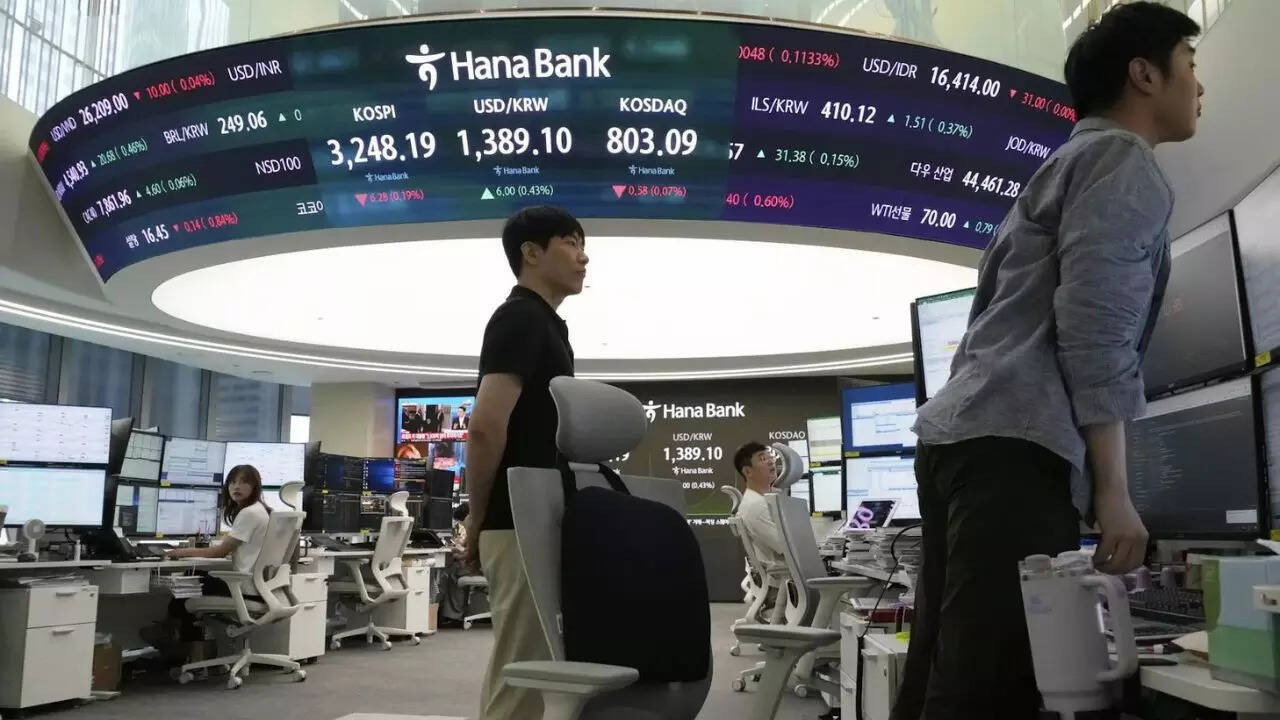Asian markets presented a mixed bag as robust Japanese growth contrasted with disappointing Chinese economic data. Japan’s economy exceeded expectations, while China faced concerns over retail sales, industrial production, and real estate. Oil prices dipped ahead of the US-Russia summit, with traders wary of potential sanctions on Russian oil.
Asian Markets Navigate Shifting Sands Ahead of Key Talks
The hum of global markets carries a distinct Currency markets are also reflecting this underlying unease. Fluctuations in exchange rates can make it more expensive for businesses to import goods, impacting profitability and potentially leading to higher prices for consumers. These movements can be particularly challenging for emerging economies, which may be more vulnerable to external shocks. Managing currency risk has become a crucial aspect of doing business in the current environment.
Central banks across Asia are closely monitoring currency movements and stand ready to intervene if necessary to maintain stability. However, intervention can be a delicate balancing act, as it can also have unintended consequences. The goal is to strike a balance between supporting economic growth and preventing excessive volatility in the currency markets.
The Impact of Geopolitics on Asian Stock Performance

The overarching narrative is one of cautious optimism tempered by real concerns. Geopolitical events loom large, casting a shadow over market sentiment. The potential for further escalation in Eastern Europe is a major concern, as it could have significant implications for global trade and investment.
Specific examples demonstrate the mixed bag of fortunes. Some markets, buoyed by strong domestic demand or robust export sectors, are holding their ground. Others, more exposed to global headwinds, are facing greater challenges. This divergence underscores the importance of understanding the specific factors driving performance in each individual market.
This situation provides an opportunity for savvy investors to identify undervalued assets and capitalize on potential growth opportunities. However, it also requires a careful assessment of risk and a willingness to adapt to changing market conditions. Diversification is key, as is a focus on companies with strong fundamentals and a proven track record of success.
For related reading on investment strategy adjustments during uncertainty, check out our article on navigating volatile markets.
Navigating the Uncertainty: A Call for Vigilance
The Asian markets are sending mixed signals, reflecting the broader global uncertainties surrounding geopolitical tensions and economic outlook. Investors should remain vigilant, closely monitoring developments and adjusting their strategies accordingly. The key is to stay informed, remain flexible, and maintain a long-term perspective.
While short-term volatility is likely to persist, the underlying fundamentals of many Asian economies remain strong. The region boasts a growing middle class, a dynamic entrepreneurial sector, and a commitment to innovation. These factors suggest that Asia will continue to play a vital role in the global economy in the years to come. However, navigating the current environment requires a delicate balance of caution and optimism, along with a willingness to adapt to changing circumstances. Understanding the various factors influencing Asian stock performance is key to achieving long-term success.







